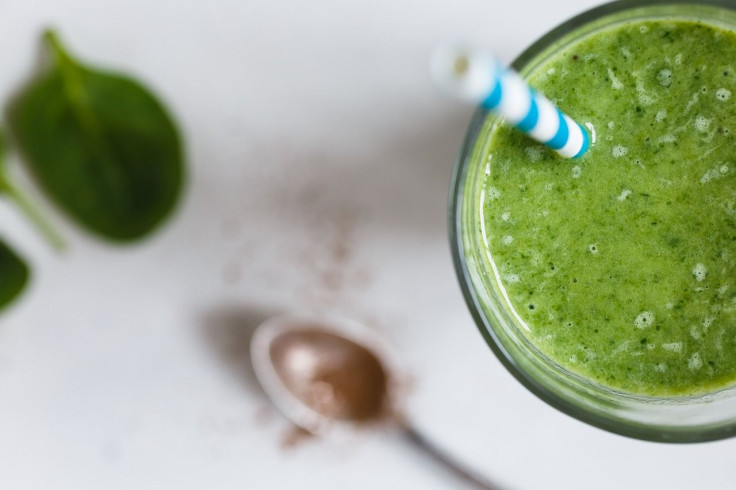Juice Cleanses For Weight Loss: Do They Work?


This question originally appeared on Quora. Answer by Paul Crane, founder of UltimateFatBurner.com.
If you lose weight drinking juice, it's because you're consuming far fewer calories than you need, not because of some magic "detoxing" effect.
In fact, as soon as you hear the word "detox", run. It's a meaningless marketing term used to scare you into buying crap you don't need. Scott Gavura of Science-Based Pharmacy has a great article here. And here's an excerpt from an article I wrote a couple of years back — it'll give you a good grasp of why detox is such a bogus claim.
- “Toxins” are not “nebulous” entities. They have names: Mercury, dioxins, lead, perfluorinated surfactants, paraffins, arsenic, sulphur dioxide, bisphenol A (BPA), dichlorodiphenyltrichloroethane (DDT), pesticides, polychlorinated biphenyl (PCB)… the list goes on and on and on.
- It is possible to measure the level of these various chemicals in the human body.
You’ll notice, however, if you’ve ever purchased or considered purchasing a “detox” product that the advertising never names any specific chemicals. Instead, it just uses the general term toxins.
Why?
Because it’s one thing to say your product removes something (or some things) that you never actually identify. Pretty darn difficult to prove its effectiveness one way or the other either, right? “Toxins” in this case, can mean pretty much anything.
To illustrate this point, a few years back, the charitable trust Sense About Science reviewed a number of different products making detox-related claims. Chemist Laura Croft investigated the [Garnier Clean Detox Anti-Dullness Foaming Gel claiming to] detoxify the skin by removing toxins. The “toxins” turned out to be the dirt, makeup, and skin oils that any cleanser would be expected to remove, she said.
Not exactly what you were thinking about when you heard the term, was it?
On the other hand, it’s quite another thing altogether to make a quantifiable — or in other words, measurable and provable — statement about a product’s benefits. For instance, if Company A makes the statement that their product helps eliminate PCBs, for example, it would be simple enough to prove its effectiveness [by conducting an] independent study ... Measure and confirm PCB levels in a group of individuals. Have half of them take your product. Have half of them take a placebo. Measure the results in 30 days. Write up the results and publish them in a reputable, peer-reviewed journal.
So why is this not being done?
Quite frankly, because it would call the retailers on their BS.
More from Quora:



























